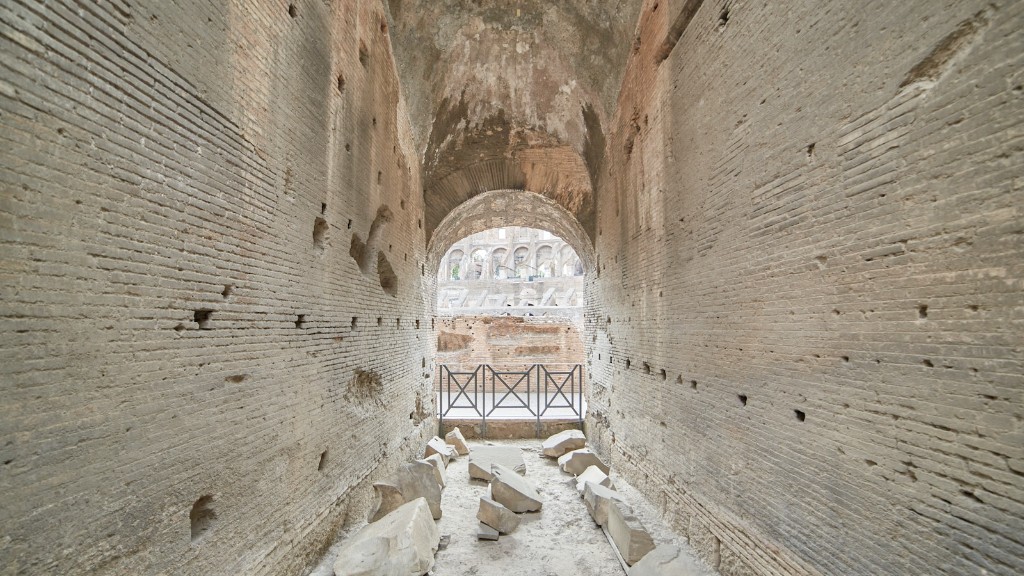Can modern Greeks trace their heritage back to ancient Greece?
The question of whether modern Greeks can trace their heritage back to ancient Greece is an intriguing one that has captivated the imagination of historians, geneticists, and anthropologists for centuries. In this article, we will delve into this fascinating topic, exploring various lines of evidence and shedding light on the complexity of Greek identity.
The history of Greece
Greece has a rich and diverse history, dating back thousands of years. Ancient Greece, considered the cradle of Western civilization, witnessed the birth of democracy, philosophy, and the arts. From the glorious city-states of Athens and Sparta to the magnificent achievements of thinkers like Aristotle and Plato, ancient Greece left an indelible mark on human civilization.
The Greek DNA puzzle
One approach to understanding the connection between ancient and modern Greeks is through genetic analysis. By examining the DNA of contemporary Greek populations and comparing it to ancient Greek remains, scientists aim to unravel the genetic legacy of the Greeks.
Recent studies have shed light on this intriguing puzzle. Research conducted by geneticists has revealed that modern Greeks share a significant genetic ancestry with ancient Greeks, indicating a strong continuity between the two populations. However, it is important to note that genetic analysis can only provide a glimpse into the past and does not capture the full complexity of Greek identity.
Language as a cultural marker
Another crucial element in the quest to trace Greek heritage lies in the Greek language. Greek is one of the oldest languages in the world, with a rich and vibrant literary tradition. The Greek language has evolved over time, but it still bears a striking resemblance to its ancient counterpart.
Linguists have traced the development of the Greek language through time, identifying numerous linguistic features that have been preserved over millennia. This linguistic continuity suggests a strong connection between modern Greeks and their ancient predecessors.
Cultural practices and traditions
Beyond genetics and language, cultural practices and traditions can offer valuable insights into the continuity of Greek identity. From religious rituals and folklore to culinary traditions and celebrations, Greece has preserved a rich tapestry of customs that can be traced back to its ancient roots.
For example, the Orthodox Christian faith, which is deeply embedded in Greek society, can be traced back to the early Christian communities that flourished in ancient Greece. Similarly, many traditional Greek dishes, such as moussaka and souvlaki, have their origins in ancient Greek cuisine.
While genetic, linguistic, and cultural evidence can shed light on the relationship between modern and ancient Greeks, it is crucial to recognize that Greek identity is not solely defined by these factors. Greek heritage is a complex tapestry woven from multiple threads, including historical events, migration, and intercultural exchanges.
Moreover, Greek identity is not confined to a specific geographical location. The Greek diaspora, spread across the globe, is testimony to the enduring influence of Greek culture and the sense of pride and connection shared by Greeks worldwide.
In conclusion
The question of whether modern Greeks can trace their heritage back to ancient Greece is a multi-faceted one. While genetic, linguistic, and cultural evidence points towards a strong continuity between the two, it is essential to approach the topic with nuance and sensitivity.
Greek identity is a dynamic and ever-evolving concept, shaped by a multitude of factors. It is a testament to the resilience and adaptability of the Greek people throughout history. Whether through genetics, language, or cultural practices, Greeks carry a deep sense of heritage that connects them to their ancient past.


